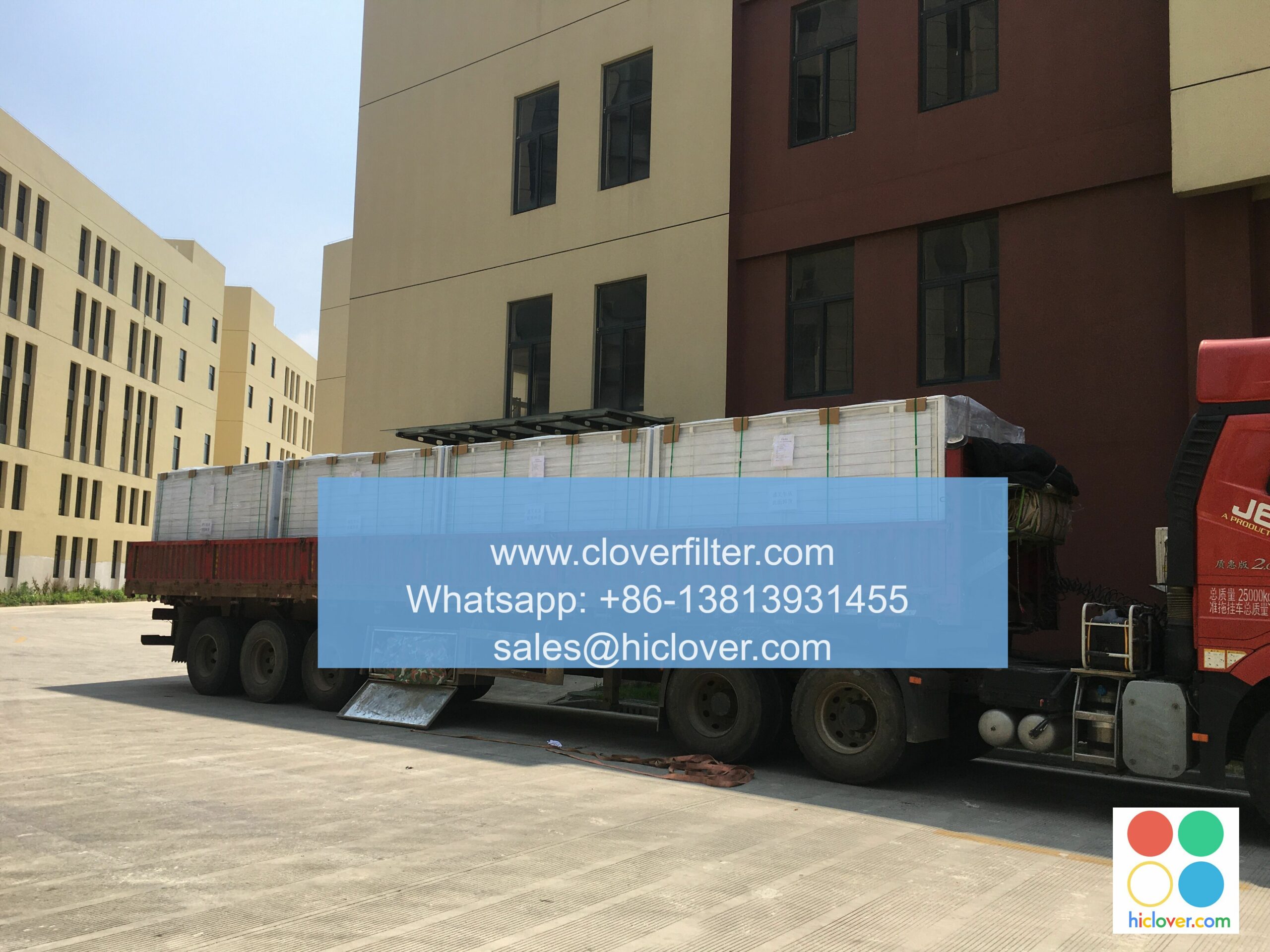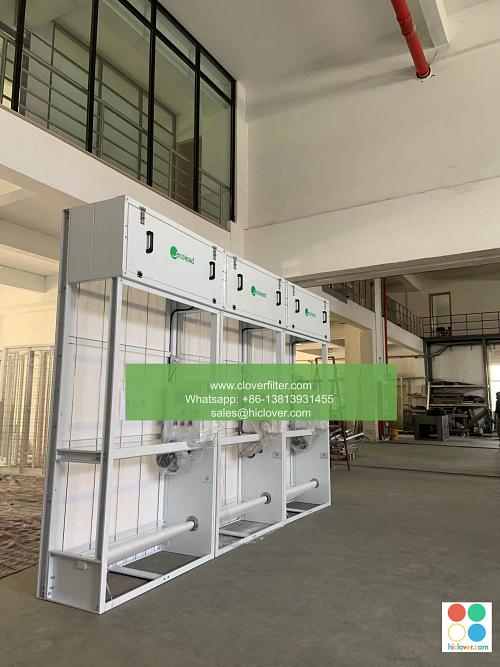**Air Filtering in the Commercial Kitchen: Requirements and Best Practices

Commercial kitchens are high-risk environments for airborne contaminants, with the potential for grease, smoke, and food particles to compromise indoor air quality. Effective air filtering is crucial to maintain a healthy and safe environment for staff, customers, and to prevent the spread of airborne diseases. In this article, we will explore the requirements and best practices for air filtering in commercial kitchens, highlighting various application areas and the importance of indoor air quality (IAQ), heating, ventilation, and air conditioning (HVAC), and air purification systems.
Requirements for Air Filtering in Commercial Kitchens
Commercial kitchens are subject to various regulations and standards for air quality, including those set by the Occupational Safety and Health Administration (OSHA) and the National Fire Protection Association (NFPA). To comply with these regulations, commercial kitchens must implement effective air filtering systems that can capture particulate matter (PM), volatile organic compounds (VOCs), and grease particles. The most common types of air filters used in commercial kitchens include:
* Activated carbon filters for removing VOCs and odors
* HEPA filters for capturing PM and other airborne particles
* Grease filters for removing grease and oil particles from cooking equipment
Best Practices for Air Filtering in Commercial Kitchens
To ensure effective air filtering in commercial kitchens, several best practices should be followed:
* Regular maintenance of air filtering systems, including cleaning and replacing filters as needed
* Proper installation of air filtering systems to ensure adequate airflow and coverage
* Monitoring of IAQ to identify areas for improvement and ensure compliance with regulations
* Training of staff on the importance of air filtering and how to properly maintain and operate air filtering systems
Application Areas for Air Filtering in Commercial Kitchens
Air filtering systems can be applied in various areas of commercial kitchens, including:
* Cooking areas to capture grease and particulate matter from cooking equipment
* Food preparation areas to prevent the spread of airborne contaminants and maintain a clean environment
* Dining areas to provide a healthy and comfortable environment for customers
* Storage areas to prevent the accumulation of airborne contaminants and pests
Benefits of Effective Air Filtering in Commercial Kitchens
Effective air filtering in commercial kitchens can have numerous benefits, including:
* Improved IAQ and reduced risk of airborne diseases
* Increased efficiency of cooking equipment and reduced maintenance costs
* Enhanced customer experience and increased customer satisfaction
* Compliance with regulations and reduced risk of fines and penalties
In conclusion, air filtering is a critical component of commercial kitchen operations, and effective air filtering systems can have a significant impact on IAQ, staff health, and customer satisfaction. By following best practices and implementing effective air filtering systems, commercial kitchens can ensure a healthy and safe environment for everyone. As the commercial kitchen industry continues to evolve, the importance of air filtering will only continue to grow, highlighting the need for innovative air purification solutions and advanced HVAC systems to meet the unique challenges of this high-risk environment. It looks like you didn’t include a prompt. Please go ahead and give me something to work with, whether it’s a question, a topic, or a task. I’ll do my best to help!

